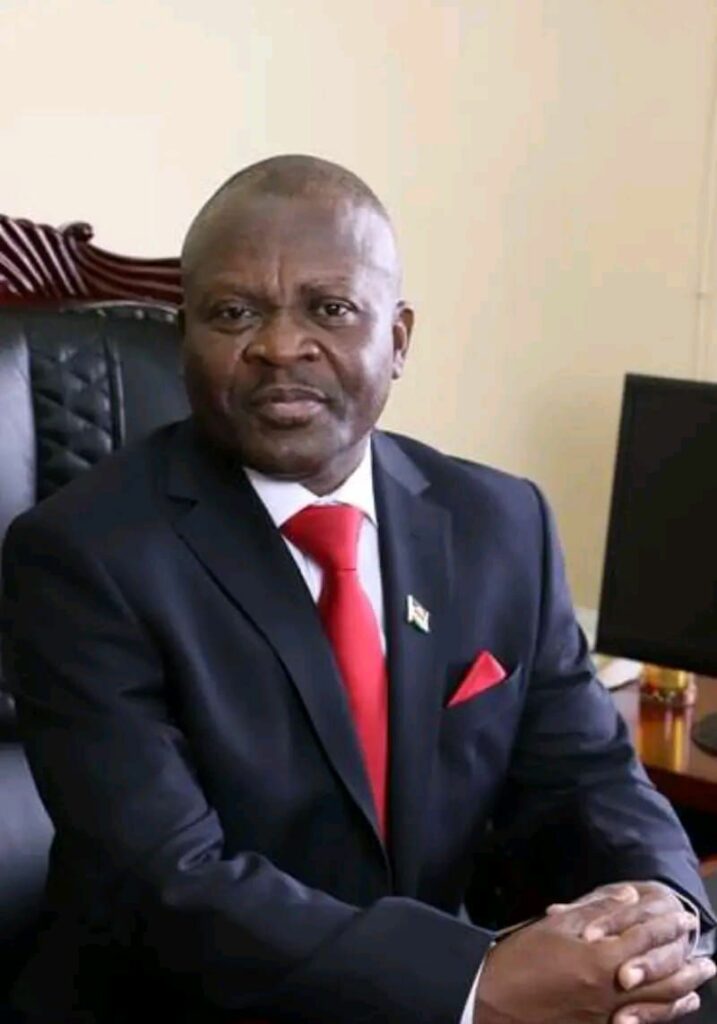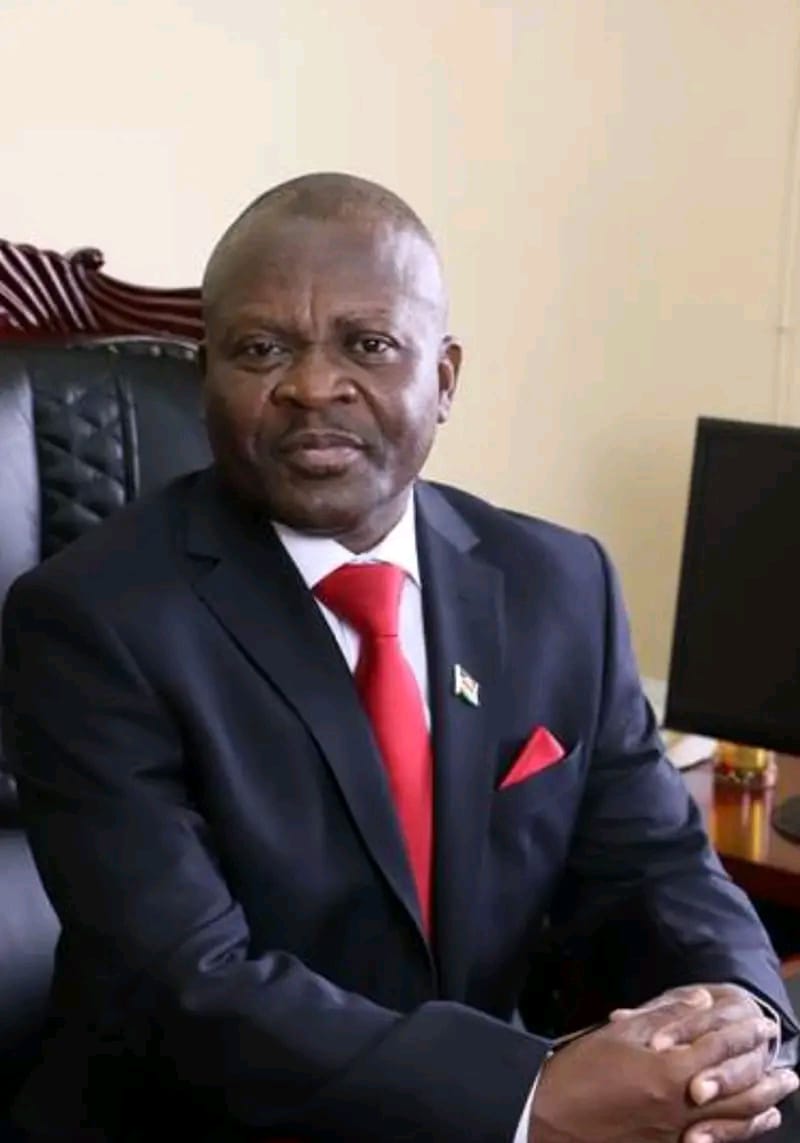By Burnett Munthali
The recent decision by the Physician Assistants Union of Malawi and the Society of Medical Doctors in Malawi to report Vice-President Michael Usi to the Malawi Human Rights Commission (MHRC) has sparked a wide range of reactions from the public. The controversy centers on Usi’s public rebuke of a nurse in Chikwawa, which was filmed and broadcasted by the media.
Some public voices argue that the outcry against Usi is misplaced. They contend that the broader issue at hand is not about Usi’s method but rather about the state of discipline within Malawi’s public sector. A number of commentators have expressed support for Usi, in suggesting that his actions, though harsh, might be necessary to enforce accountability and discipline among public servants.

One perspective suggests that too much freedom in Malawi could be counterproductive. This view argues that the country needs strong leadership—possibly in the form of benevolent authoritarianism, as seen in the past with leaders like Kamuzu Banda and Bingu wa Mutharika. Proponents of this view believe that Usi’s actions might be an effort to instill order and discipline, which they see as vital for progress.
Others criticize the media coverage of the incident. They argue that filming and broadcasting such confrontations can undermine the effectiveness of public reprimands and focus undue attention on sensationalism rather than constructive solutions. This group feels that Usi’s approach, while potentially well-intentioned, comes off as more about making a public spectacle than addressing the underlying issues.
Further criticism comes from those who feel that the focus should be on systemic issues affecting patients and healthcare delivery rather than on individual reprimands. They argue that addressing the broader challenges faced by patients—like inadequate access to private healthcare—should take precedence over conflicts between officials and health workers.
Finally, some voices defend Usi’s actions, viewing his rebuke as a necessary step towards improving accountability in the public sector. They argue that habitual issues like lateness among public servants require strong measures and that backing the nurse in this case could undermine efforts to instill discipline.
The debate reflects deeper tensions within Malawian society regarding governance, public accountability, and the role of media in addressing national issues. As the MHRC prepares to review the case, it is clear that this controversy has ignited a broader discussion on the balance between authority, accountability, and human rights in Malawi.



